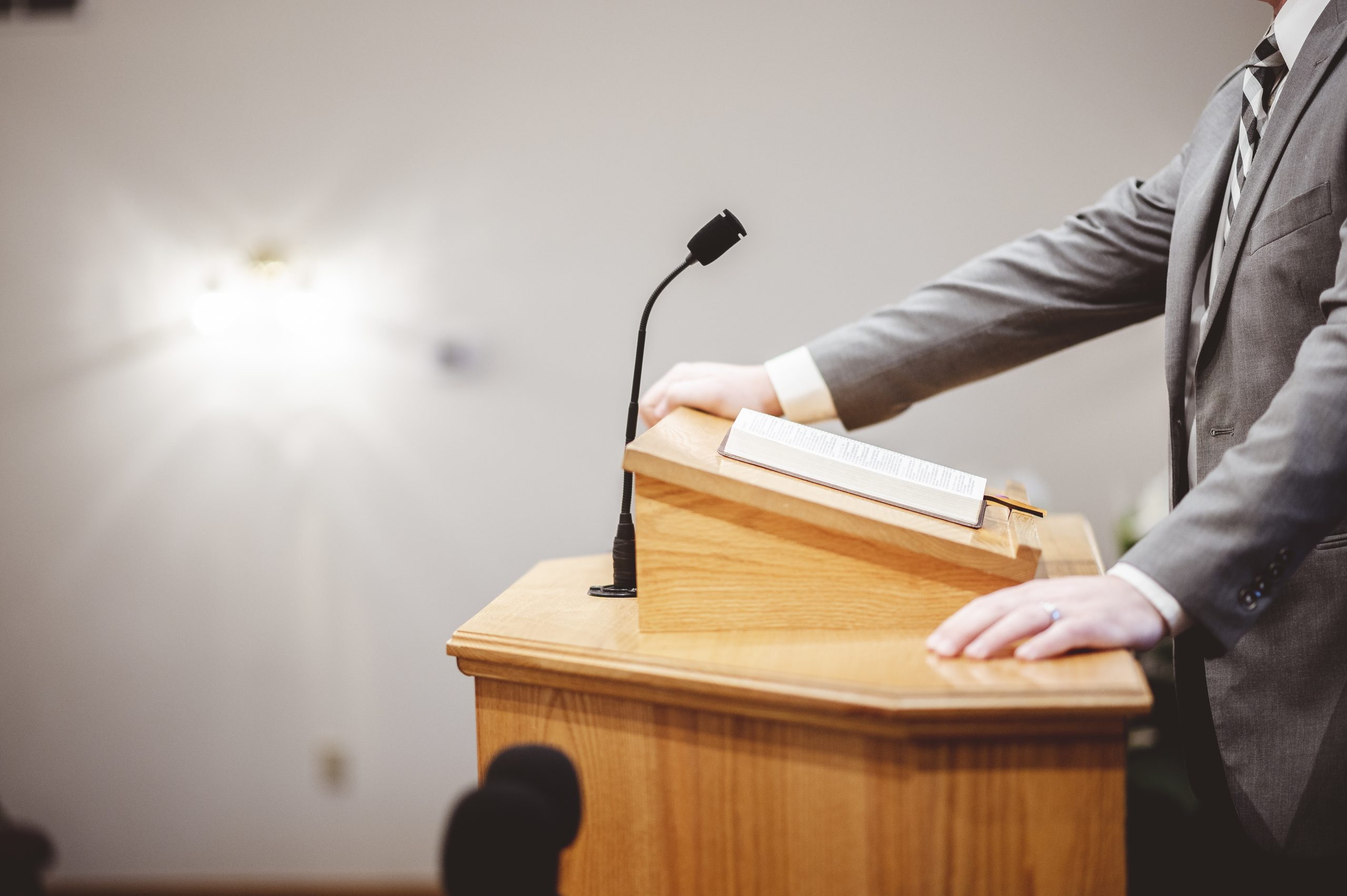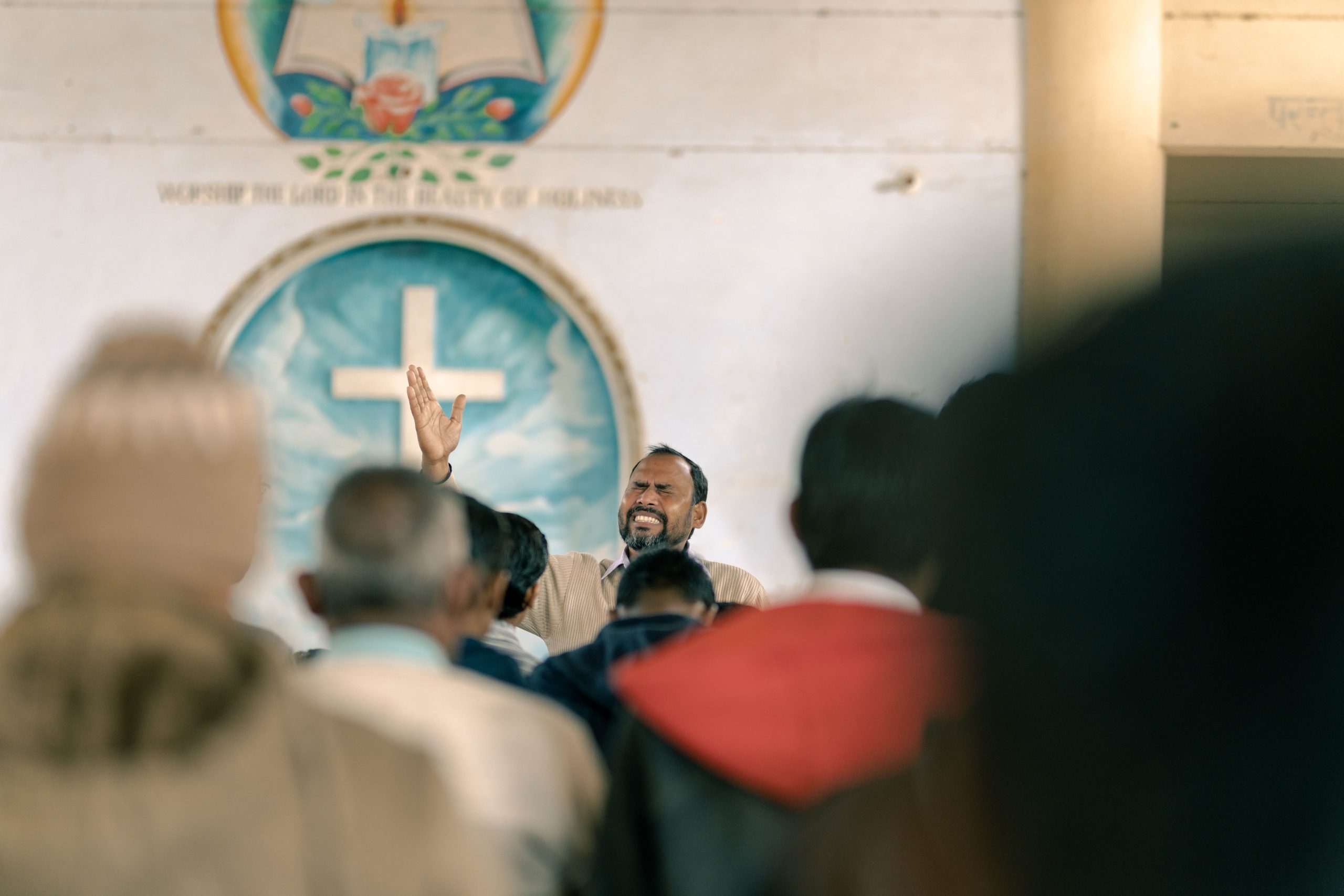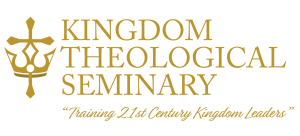Doctor of kingdom theology

The Doctor of Kingdom Theology (D.KT) degree is an academic degree that blends academics and Kingdom-based ministry. This degree is designed to provide the learner a deep dive into the Kingdom of God based upon its original Jewish context.

The Doctor of Kingdom Theology (D.KT) degree is an academic degree that blends academics and Kingdom-based ministry. This degree is designed to provide the learner a deep dive into the Kingdom of God based upon its original Jewish context.
the DOCTOR OF KINGDOM THEOLOGY
The Doctor of Kingdom Theology program focuses upon studying Second Temple Judaism scholars and their work on the historical Jesus and His message of the Kingdom of God. The program will involve research and exploration into the Jewish mindset or the Rabbi Jesus and His under-standing of the Kingdom of God.
The Doctor of Kingdom Theology program requires that the student has taken both Greek and Hebrew, which allows them to understand the ancient context of the Kingdom of God. The program requires course work, an oral exam, a dissertation, and a doctoral board defense.
Courses
The Doctor of Kingdom Theology program contains the equivalent of 60 credit hours. These 60 credit hours are comprised of 20 required courses. Prerequisites for this program include Introduction to Greek I and II and Introduction to Hebrew I and II.
REQUIRED COURSES
This course will explore the narratives and social worlds of ancient Jewish and Christian apocalyptic literature from its roots in the Mesopotamian texts and the Hebrew prophets to their expressions in the biblical apocalypses of Daniel and Revelation as well as the lesser known apocalyptic works and traditions found in the Jewish pseudepigrapha and the Dead Sea Scrolls. The main objective of this course is the investigation of the conceptual world of Jewish apocalypticism and its formative value for early Christian theology.
This course examines the current state of the church and explores Jesus’s ministry model as the answer to our 21st century challenges. Students will receive a full review of theologians who have studied the Kingdom of God from the patristics to theologians of the 21st century. This course designed to focus students on the message of the Kingdom of God, analyzing its history, as well as its present relevance.
This course will explain the beliefs, traditions, and history of the Jewish faith. Students will engage the central Jewish texts, including the Tanakh, the Talmud, and the rabbinic and contemporary Midrashim. This course will examine three fundamental aspects of Judaistic beliefs: 1) the nature of God and the divine as understood by the Jews, 2) where humankind stands in view of Judaism, and 3) the historical account of Judaism and its beginnings in Israel.
This course will help solidify the connection between the Old Covenant under Moses and the New Covenant in Christ. In this course, we will examine the histories of both the Tabernacle and the Temple(s) from both biblical and external sources as well as comparisons and explanations of their surroundings and contents. To understand the tabernacle and the temple, then, is to understand how we are brought into God’s family through the sacrifice of His only Son, Jesus. Indications of the Person and the work of Jesus Christ will be shown from the tabernacle and from both the ancient and modern temples of God.
This course will explore God’s redemptive plan as unveiled through the Feasts of Israel. In this course, students will learn the details of each of the Feasts, their fulfillment in Messiah, and their implications for your life. These appointed times of God are still relevant for our lives today as they illustrate what the Messiah has done for us, and what He has yet to do! This course will also examine how each feast and the Levitical Law points to our Redeemer and the loving and saving grace of Jesus Christ. We will examine the literal observance and prophetic applications of each of the seven feasts.
In this course, contemporary Judaism is presented in all its rich diversity, including both traditional and modern theologies as well as secular forms of Jewish identity. Jewish theology will be examined both historically and in terms of contemporary issues. While the focus of the course will be on developments that have taken place in the past two hundred years, they are set against a historical background as expressed in the Bible. The course will also include a description of the Jewish people as it exists in today’s world. Students will study the unique concept of Jewish peoplehood and its survival over the centuries in the face of many challenges. There will be a review of the key texts, followed by studies of the different interpretations of the religion, the ways that life is lived out both in the home and in the community, and the goals of Jewish life and faith.
KINGDOM THEOLOGY REQUIRED COURSES
This course addresses the ethics and values that are associated with living in the Kingdom while living with vision. Taking a comprehensive look at some of the most basic and fundamental principles of the Kingdom as taught by the Lord Jesus Christ, this course will assist you in understanding the principles that are necessary to have what the book of Joshua refers to as “good success.”
The Kingdom of God centers upon the worship of Christ the King. The Bible states in John 4:23-24, God is “seeking sincere worshippers that will worship in spirit and in truth.” The Kingdom Worship course teaches the heart of worship in the Kingdom. This course defines the place worship holds in the life of a Kingdom citizen.
This course will enhance the student’s understanding of biblical vision vs. secular vision and provide insights concerning the Great Commission and the preaching of this gospel of the Kingdom around the world as a witness.
The Doctrine of the Kingdom course provides an in-depth teaching on the foundational principles found in Hebrews 6:1-2. Students will gain a sound understanding of these basic doctrines laying a solid foundation upon which the believer can build their spiritual lives.
This course will enhance your understanding of the Kingdom of God, the church, and the issues that every believer must be aware of as Kingdom citizens. You will gain an understanding of the Kingdom concerning modern cultural and theological issues such as the Kingdom of heaven, eschatology, racial tension and reconciliation, globalization and colonization, the culture and the call, the purpose of the church, and the Kingdom-driven life. This course will revolutionize your ability to make sense of the world, the role of the church, and the efficacy of the Kingdom message as the answer to the ills of our culture.
Doctor of Kingdom Theology Degree Plan
Each module represents one 8-week session of classes. 20 required courses.
YEAR 1
Module 1
- Judaism and the Kingdom
- Meet the Rabbi
Module 2
- Jesus the Jewish Theologian
- Paul the Jewish Theologian
Module 3
- The Parables of Jesus
- A Jewish Perspective of the Christian Faith
Module 4
- Sitting at the Feet of Rabbi Jesus
- Intertestamental/Apocalyptic Literature
Module 5
- The Kingdom Then, Now, and to Come
- The Greatness of the Kingdom
Module 6
- The Jewishness of the Old Testament
- The Temple and the Tabernacle
YEAR 2
Module 7
- The Feasts of Israel
- Introduction to Judaism
Module 8
- Kingdom Ethics and Values
- Kingdom Worship
Module 9
- Kingdom Vision
- The Doctrine of the Kingdom
Module 10
- The Kingdom, The Church, and You
- Exploring Jewish Literature
ADDITIONAL PROGRAM INFORMATION

- 2 courses per session (one session is equivalent to 8 weeks)
- 12 courses per year
- With special approval you can get access to take 15 courses per year
- Midterm
- Final exam
- Reflection papers from weekend lectures (4 per course)
- Final paper
- Weekly “Think Tank” discussions

How Tuition is Estimated
- For the Doctor of Kingdom Theology degree, courses are $425 per course.
For additional tuition and fees information, visit Tuition & Fees.

Upon receipt of your application and application fee, your application will be reviewed by the Academic Committee. Following the recommendations of the Academic Committee, an Admission Counselor will contact you via email with the results and follow up actions.

The Master of Divinity (M.Div.) is a professional degree for the pastoral profession. It is a high-level degree that provides a well-rounded theological education for anyone seeking a theological education.

The Master of Theology and Leadership (MTL) is a specialized master’s program that provides the learner both a foundation in theology and leadership.

The Master of Practical Ministry (MPM) is an advanced degree that is equivalent to the M.Div. but is designed to fully prepare learners for practical ministry in the local church.

The Master of Urban Church Growth (MUCG) focuses upon the development of a biblical Kingdom framework for the evangelistic mission of the church.

The Doctor of Ministry (D.Min) is the highest level professional degree that prepares ministry professionals for effective, full-time ministry.

The Doctor of Ministry (D.Min) is the highest level professional degree that prepares ministry professionals for effective, full-time ministry.




